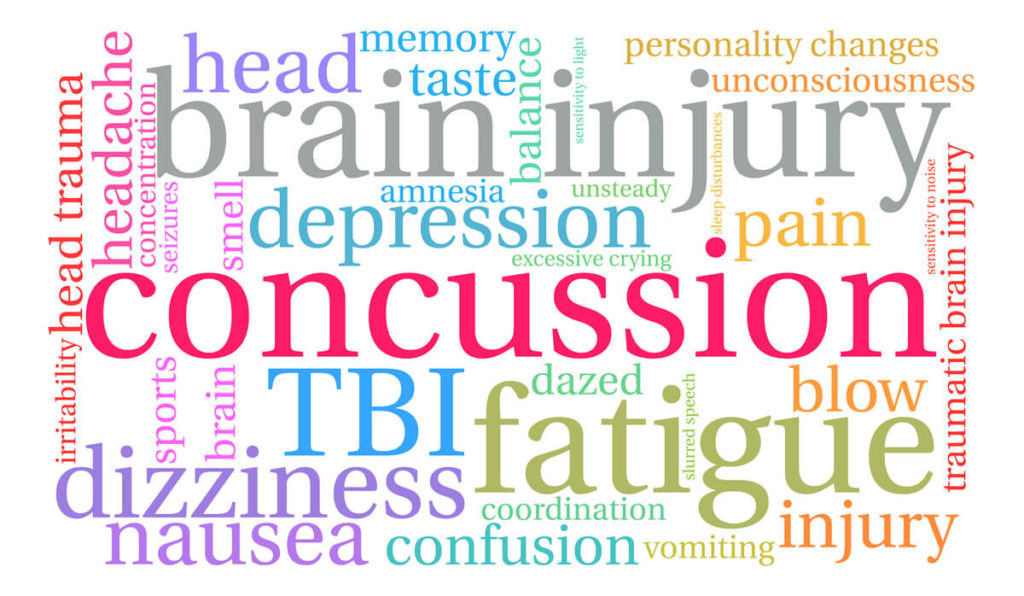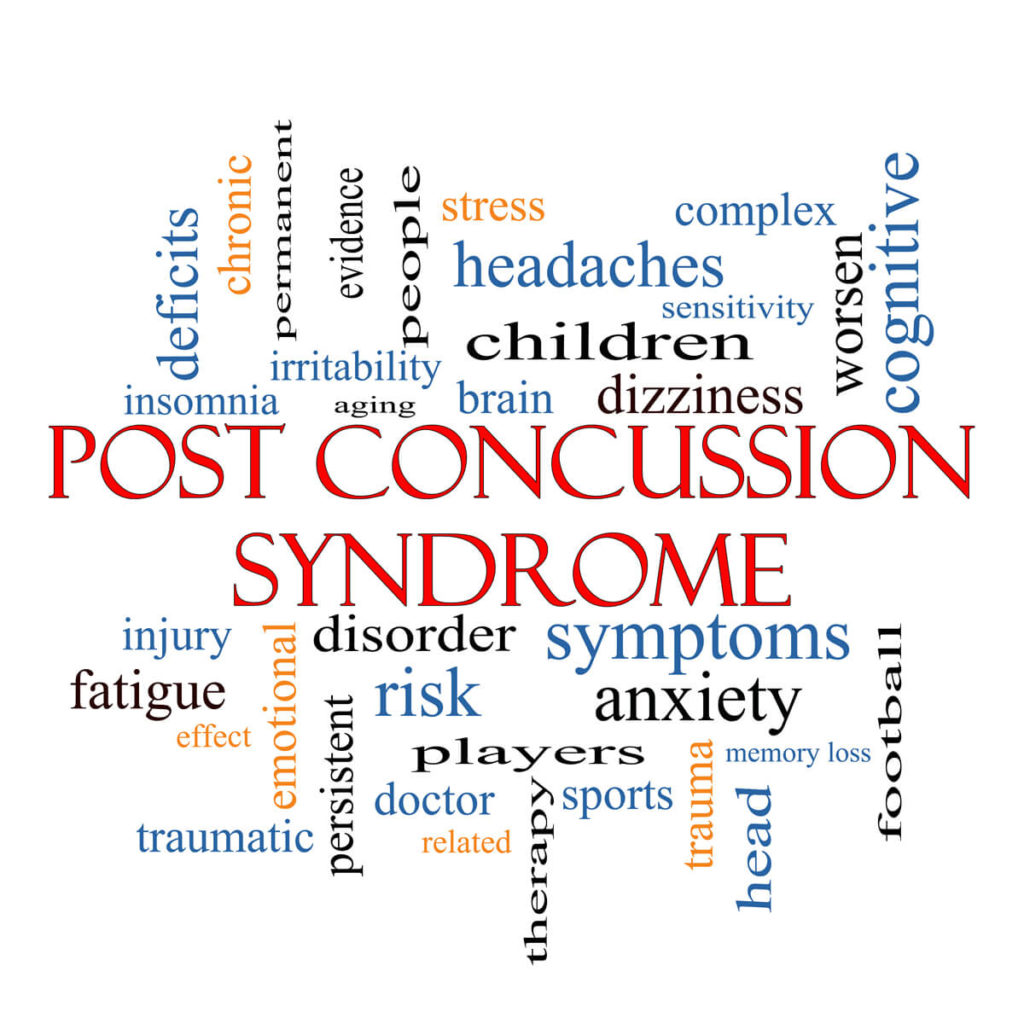Dallas Concussion Lawyer
Don’t be confused. A concussion is a mild traumatic brain injury (MTBI) and should be taken seriously. Just ask the NFL. Physicians often use the terms concussion and MTBI interchangeably, which can lead to confusion, and a tendency to understate and under-appreciate the significance of a concussion.

What Is a Concussion?
The Center for Disease Control defines a concussion as follows:
“The term mild traumatic brain injury (MTBI) is used interchangeably with the term concussion.
An MTBI or Concussion is defined as a complex pathophysiologic process affecting the brain, induced by traumatic biomechanical forces secondary to direct or indirect forces to the head. MTBI is caused by a blow or jolt to the head that disrupts the function of the brain. This disturbance of brain function is typically associated with normal structural Neuroimaging findings (i.e., CT scan, MRI). MTBI results in a constellation of physical, emotional and/or sleep-related symptoms and may or may not involve loss of consciousness. Duration of symptoms is highly variable and lasts from several minutes to days, weeks, months or even longer in some cases.” (taken from CDC Physicians Toolkit: Facts for Physicians About Mild Traumatic Brain Injury: 2007).
Concussions can cause a wide variety of physical, emotional, cognitive, and behavioral symptoms, and you do not need to experience all the following symptoms to have a concussion. Some symptoms happen immediately, and some appear and may disappear over time. An experienced Dallas concussion lawyer can explain what causes your symptoms and what to expect as your brain seeks to heal. As the founder of the Texas Brain Injury Law Center and nationally recognized as one of the Top 25 Brain Injury Lawyers in Texas, attorney Charlie Waters has vast experience in concussion and traumatic brain injuries and can answer any questions you might have. Also, feel free to visit the Texas Brain Injury Law Center on this website where a library of information can be found on concussion and all types of brain injury.
What Are Symptoms of Concussion?
- Headache
- Nausea
- Fatigue
- Visual Problems
- Balance Problems
- Sensitivity to Light
- Sensitivity to Noise
- Numbness/Tingling
- Vomiting
- Dizziness
Emotional Symptoms of Concussion
- Irritability
- Sadness
- Feeling more emotional
- Nervousness
Cognitive Symptoms of Concussion
- Feeling mentally foggy
- Problems concentrating
- Problems remembering
- Feeling more slowed down
Behavior / Sleep Symptoms of Concussion
- Drowsiness
- Sleeping more than usual
- Sleeping less than usual
- Trouble falling asleep
Recovery from Concussion and Recovering Your Full Damages
The road to recovery can be tough, but the good news is most people recover from a concussion. For those who don’t, the diagnosis shifts to what’s called a “post-concussive syndrome” (PCS), but again, mild traumatic brain injury (MTBI) is the more correct and accurate diagnosis. This can mean significant challenges that can last a lifetime and there should be full compensated from the responsible party for all losses. Someone was careless in causing your concussion and you shouldn’t have to pay for their carelessness. When it comes to your concussion settlement, we leave no dollar behind.
Recovery times are different for each person and injury severity and past concussion history play a role. A good number of people experience only short-term effects while others are not as fortunate. Those responsible for your concussion need to be held accountable for all your losses and damages which can include:
- lost earnings,
- loss of earning capacity in the future
- pain, suffering, and mental anguish
- loss of life enjoyment
- medical bills
- therapy bills
- prescription costs
If you suspect your child may have suffered a concussion there are some basic tests to consider. Basic concussion testing includes questions and a physical exam which can include vision, hearing, balance, and coordination tests, and questions designed to test memory and concentration.
Concussion Recovery Tips for Adults
There are certain things you can do to help recover from a concussion. Many involve helping your brain heal itself.
- Get plenty of sleep at night, and rest during the day.
- Avoid sustained compute use, including computer/video games early in the recovery process.
- Avoid activities that are physically demanding.
- Avoid activities that require a lot of concentration, such as balancing your checkbook.
- Avoid activities, such as contact or recreational sports, that could lead to another concussion.
- Limit exposure time to bright lights and loud sounds.
- When your healthcare professional says you’re well enough, return to your normal activities gradually, not all at once.
- Because your ability to react may be slower after a concussion, ask your doctor when it may be safe for you to drive a car, ride a bike, or operate heavy equipment.
- Consider talking with your employer about returning to work gradually and about changing your work activities or schedule until you receiver (half-days).
- Take only those medications your doctor has approved, including over-the-counter drugs.
- Do not drink alcoholic beverages until your healthcare professional says you’re well enough. Alcohol and other drugs may slow your recovery and put you at risk of further injury.
- Consult with family members or close friends when making important decisions.
- Eat more protein
- Eat foods rich in Omega-3s (fatty fish, walnuts, fad seeds, soy)
- Eat foods with lots of antioxidants

How Do I Know If I Have Post-Concussion Syndrome?
Post-Concussion Syndrome (PCS) is a “catch-all” diagnostic phrase used to collectively describe concussion symptoms, which are identical to those of MTBI, and do not resolve in days or weeks but instead persist. Medical science does not yet have an answer as to why some individuals have a relatively quick and complete recovery from a concussion and why some individuals go on to experience PCS.
Concussion symptoms generally appear within the first 7 to 10 days and go away for most people within 3 months. When they persist, a post-concussion syndrome diagnosis is sometimes used to describe this traumatic brain injury.
Depending on the concussion symptoms you’re experiencing, there are a number of a good concussion clinicians that can help with treatment and numerous therapies available to help manage your symptoms. A good concussion lawyer can help get you the treatment you need.
Concussion Recovery in Children
With prompt attention most children recovery fully from mild concussions. There are 3 standard recovery phases to be observed, with guidelines to follow, to help your child recovery. Not all children respond to these recovery protocols, and for them, a more tailored approach may be needed to address specific needs.
Phase 1
In the first 1-5 days after a concussion it’s important for a child to:
Rest: Concussions are serious injuries that require time to heal. Limiting physical and mental activities is key to the recovery process. The child should limit any type of stimulating mental activity, including playing video games, reading and physical activity other than an easy walk.
Receive Medication: Physical symptoms, such as headaches and neck pain, are common. You can give your child over-the-counter medications, as directed by the primary care of emergency room physician. Your child needs to stay calm and rest the brain, so pain management is important.
Stay Home from School and Sports: Your healthcare provider will let you know when it’s safe for your child to return to school and sports. When your child does return, there will need to be modifications at first.
Phase 2
During days 2 to 10 after the injury, your child may:
Return to Daily Activities: A child can begin to resume activities of daily living and tolerate limited amounts of screen time, reading and very light physical activity.
Resume School: Pediatricians and other specialists can work directly with your child’s school to ensure they are aware of any special modifications that may need to be made to assist in your child’s recovery. Ask your child’s doctor about the protocols.
Receive Less Medication: As pain begins to improve, your child should require less medicine. It is important to use over-the-counter medicine only as needed in this phase so you should discuss that with your child’s treating physician.
Phase 3
During days 7 to 21 after a concussion diagnosis, your child may:
Fully Engage in School: Most special accommodations are no longer required for your child to take part in classroom activities.
No Longer Need Medication: At this point pain has likely subsided, so your child can go off all pain medication. Again, check with the doctor before stopping any medications.
Play Sports: Your child can return to sports, physical education class, and other physical activities once a pediatric specialist sees no concussion symptoms or signs and verifies it’s safe to do so. The child must be participating 100 percent in the classroom before returning to sports.
Reach Out to a Dallas Concussion Lawyer
If you or someone you love is struggling with a concussion and need a lawyer that knows how the get you the full compensation you deserve, contact The Law Offices of Charlie Waters at 214-742-2223 or just fill out and submit the Contact Form below for a free case evaluation. We fight hard for your rights to make sure you’re fully compensate for all your losses and damages.


